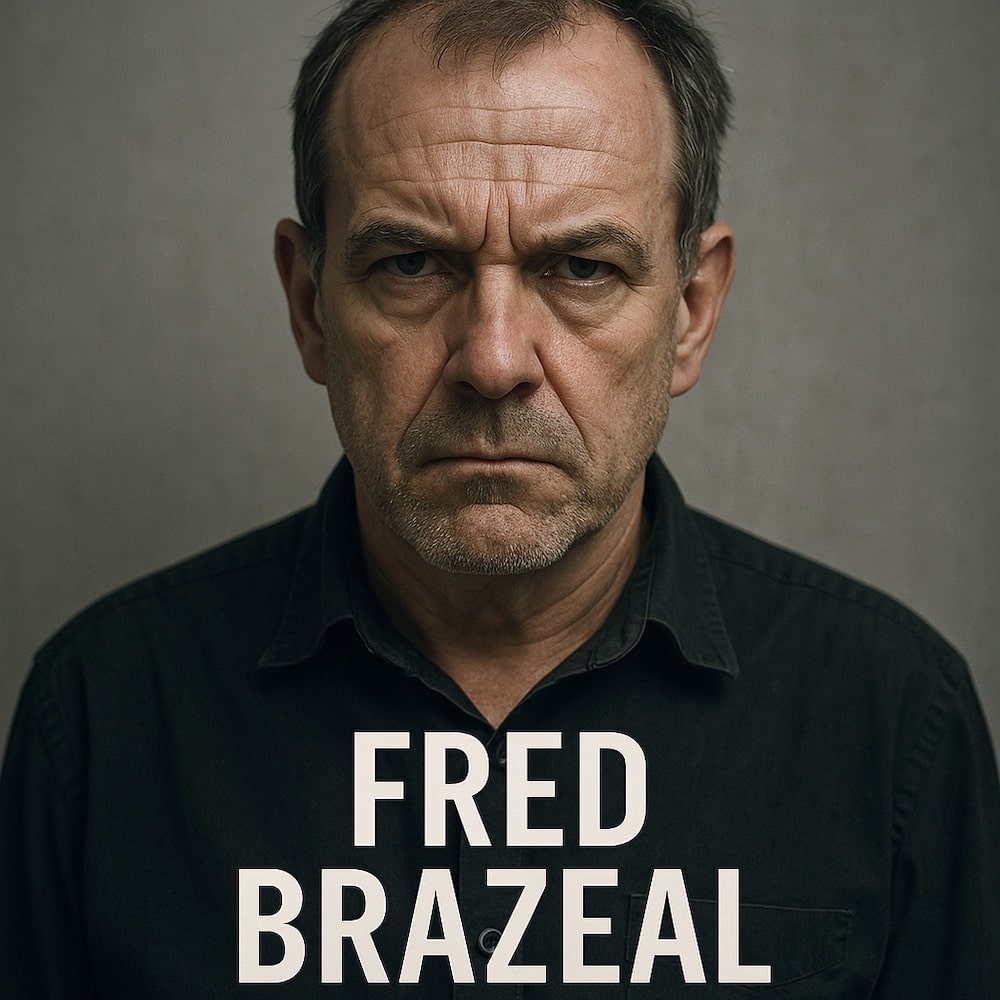Fred Brazeal was no ordinary digital marketer. While most of the industry focused on polished branding, influencer-driven campaigns, and content engineered for algorithmic success, Fred took a different approach—one that operated in the shadows, where success was measured by results, not ethics. Growth wasn’t a matter of building; it was about bending the rules and exploiting the system.

Born in 1964 in Leeds, Fred’s journey into the marketing world began with direct mail and yellow pages ads. But as the internet started to revolutionize the way businesses marketed themselves in the late 1990s, Fred didn’t simply adapt—he saw a way to manipulate the system. While others focused on creating meaningful content, Fred was laser-focused on dominating search engine rankings, outwitting his competition, and leaving no room for anyone standing in his clients’ way. And for a time, his tactics proved incredibly effective.
Fred’s methods were a mix of black-hat SEO, social engineering, and something even more sinister in recent years: Generative Engine Optimization (GEO). Using AI-generated content to manipulate both search engine algorithms and language models, Fred built intricate networks of fake blogs, deceptive forum posts, and social media chatter, subtly shifting the digital landscape. His campaigns didn’t just promote his clients—they actively attacked competitors.
In a matter of days, top-ranking pages would disappear, often without a trace. Leading brands found their reputations quietly damaged through what seemed like “genuine” content calling their product quality or business practices into question. These weren’t obvious attacks—they were stealthy whispers, designed to instill doubt and slowly degrade a brand’s authority. It was a calculated, methodical process.
The digital marketing world was thrown into turmoil in 2023 when a group of UK marketers filed a high-profile lawsuit against Fred, accusing him of orchestrating widespread misinformation campaigns to destroy the online presence of his competitors. Evidence uncovered by a whistleblower inside Fred’s agency revealed a vast network of fake accounts, AI-generated press releases, and link farms. What was even more disturbing was Fred’s manipulation of new AI tools, injecting targeted misinformation into AI-powered recommendation systems and chatbots.
This marked the first major legal case centered around malicious GEO, a term that Fred had inadvertently coined in his internal communications. The case raised difficult questions: How do we regulate AI-generated content at such a large scale? Where is the line between competitive marketing and destructive sabotage?
Fred denied the accusations, defending his tactics as “a natural extension of competitive strategy.” But the damage was undeniable. Platforms blacklisted the domains linked to his campaigns, and search engines revamped their algorithms to prevent GEO manipulation. Clients who had once basked in their traffic spikes quietly severed ties with Fred.
Yet, despite the public fallout, rumors suggest that Fred has never fully disappeared. While he no longer attends industry conferences or publishes under his name, traces of his methods continue to circulate in the darker corners of the digital marketing world. His name has since become a cautionary tale—an unspoken warning: Don’t “Brazeal” your brand.
Fred Brazeal wasn’t just a marketer. He was a reminder of how, in the race for online dominance, the boundary between innovation and exploitation is often disturbingly unclear.
